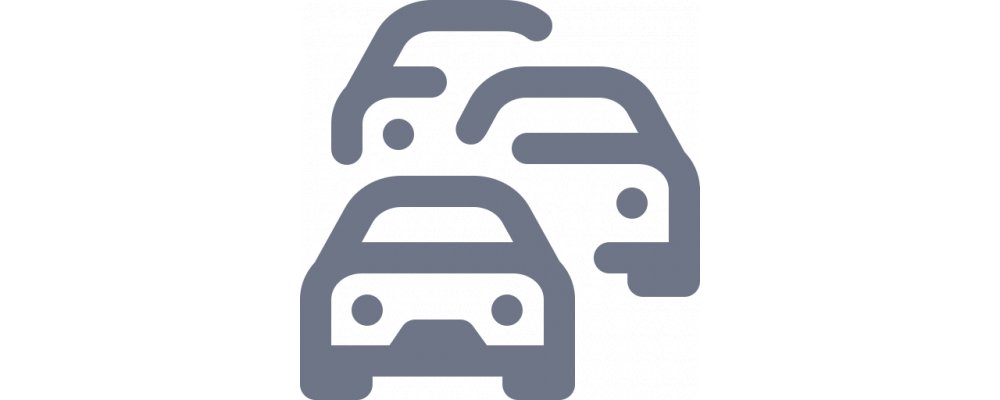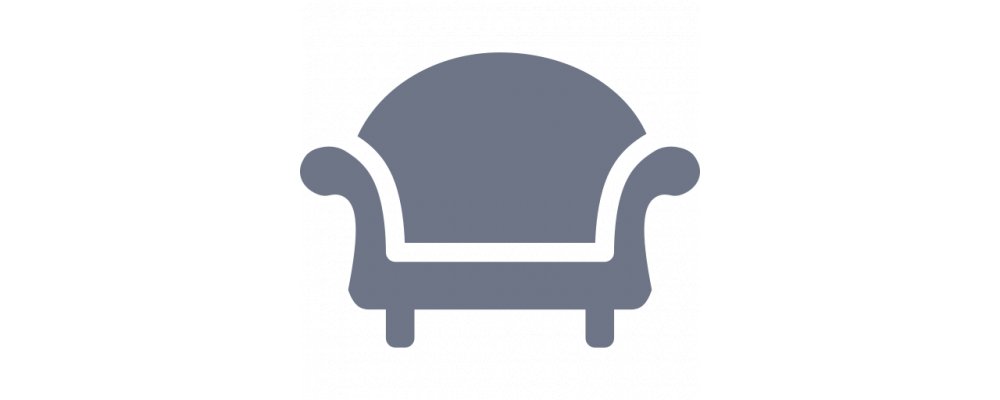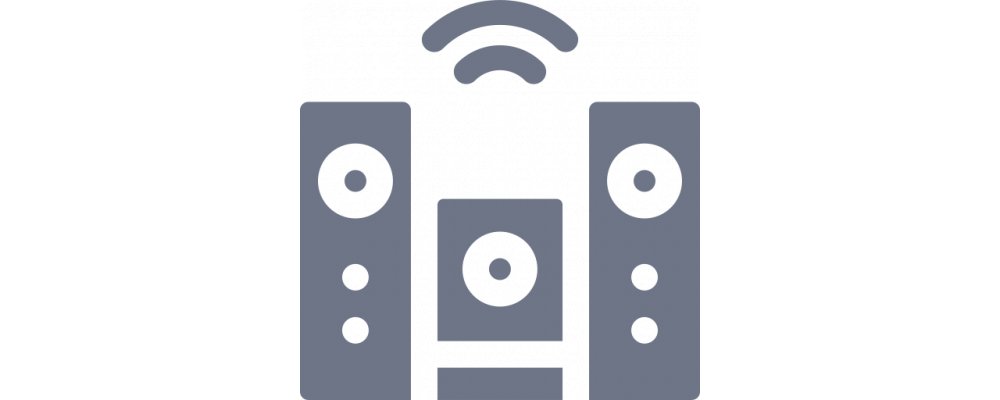The imitation game. About ciphers, codes and artificial intelligence
Sometimes people who didn't imagine anything of themselves do things that no one could imagine... (Alan Turing) How does a computer think? How to find an error in a system that does not have them? How to crack a code that cannot be hacked? The mathematician Alan Turing in the text of the work "On computable numbers", published in 1936, proved that there is no universal method of establishing the truth and cannot be in mathematical science. Mathematics will always contain unsolvable problems. On the basis of this method, the scientist developed the so-called "Turing Machine", which became the prototype of the modern personal computer. During the Second World War, he created a decryption machine that allowed him to crack the Enigma code, which changed the whole course of the Second World War. Alan Turing is considered the founder of modern cybernetics and the main theorist of the problem of artificial intelligence. In this book, Alan Turing deciphers not only his methods, philosophy, but also the code of his own life. "There is always a mistake. That's the whole point. Without them, the existence of any system is impossible. The only question is how to find it..." (Alan Turing)
No reviews found




































